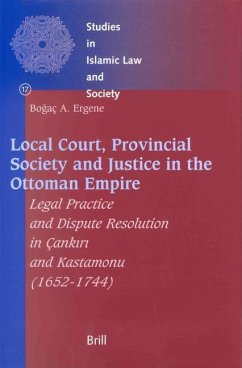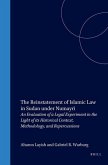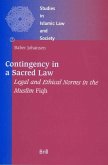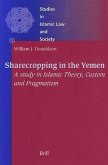This book studies the functions of Islamic courts within the framework of the late seventeenth- and early eighteenth-century Ottoman provincial administration, and explores the processes of adjudication and dispute resolution through a detailed juxtaposition of court records from two Anatolian towns, Gank?r? and Kastamonu. In particular, it identifies the socio-economic backgrounds of the court clients, the kinds of issues that they brought to the courts, their strategies of litigation, and how disputes were resolved in the courts. This book also sheds light on the costs of court usage and reveals alternative sites for dispute resolution that existed independently of the courts. This study is particularly useful for the students of legal anthropology as it pays a special attention to the practice of law and the process of dispute resolution.
Hinweis: Dieser Artikel kann nur an eine deutsche Lieferadresse ausgeliefert werden.
Hinweis: Dieser Artikel kann nur an eine deutsche Lieferadresse ausgeliefert werden.








